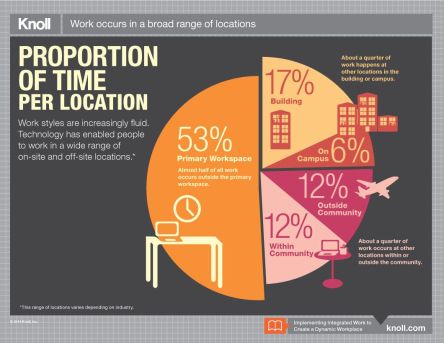According to Radsch (2011), defines citizen journalism “as an alternative and activist form of newsgathering and reporting that functions outside mainstream media institutions, often as a repose to the shortcomings in the professional journalistic field, that uses similar journalistic practices but is driven by different objectives and ideals and relies on alternative sources of legitimacy than traditional or mainstream journalism.
The emergence of advance new technology have a comparatively relationship to emergence of citizen journalism too. Now we it is inevitable for us exposed to citizen journalism in daily basis for assured, as we always wake up to various social networks to obtain regular day-to-day news and information. Furthermore, many internet users today are assumingly called as citizen journalist as we share and disseminate various types information that are able to gauge attention and interest large attention from groups of peoples.
Thus, citizen journalism are free to share ideas and opinions driven by own different objectives and however not train with professional skill of writing which found to become their first weakness point. However, the convenience of accessibility to the internet today has given the support of the opportunity to citizen journalism on this growing proportion. Internet users and readers are always fascinated with the latest news and hardly consider about the trustworthiness and reliability of the information that has been publicized, what they concern is the speediness of up to date trendy news.
There are various advantages of citizen journalism, just to name a few firstly, although citizen journalism publish news faster than traditional media whereby speed in reporting new stories were relieved by the advancement of internet hence they can post any information, photograph and videos instantaneously. For instance, video images that were broadcast across television screens about the tsunami in Japan would never have been seen by the world if citizens at the scene had not filmed it by witnesses whom significance to the citizen journalism (Abu AlFadel, 2011 ). Also, citizen journalism allows immediate two ways communication which allow responses and comments to be made in freedom within a post, share or discussion. Meaning that audience have freedom to freely express their views henceforth citizen journalism tend to have more honesty in news reporting. This may be due to the absence of censorship for the new media while the flow of information through traditional media is exposed to a lot of gatekeepers in addition to political and ethical constraints which hinder access of the media message to the public (Neuman, 2011).
There are discusses of disadvantages of citizen journalism too, as due to unprofessional and untrained skill, citizen journalism may loose honesty on writing news as they are free to write anything that favored to their own objectives. Hence, the write ups are based on audiences and readers receptiveness where it can largely serves the their special interests and therefore news by them may be lack of credibility. Furthermore, citizen journalism may cause and raise impact on the paradigm issues of political and governmental disputes. For instance, one of biggest impact affected by the emergence citizen journalism is the uprising political movement of Arab Spring.
In a nutshell, the advance of new technology innovations certainly contributes to the rising number of citizen journalism. Now, citizen journalism is driving their ways into new journalism although it is a new concept that also add values to the traditional media entity and however both medias are seek to achieve similar goals.
References:
Abu Alfadel, M, 2011 Citizen Journalism : Arab revolutions media incentive, Middle East Newspaper, Issue 11832. Available at: http://www.aijcrnet.com/journals/Vol_3_No_11_Novembe_2013/6.pdf [Accessed 28 September 2014].
Neuman, W. R., Bimbe, B. and Hindman, M, 2011. The Internet and Four Dimensions of Citizenship, The Oxford Handbook of American Public Opinion and the Media, Robert Y. Shapiro and Larwence R. Jacobs. (eds.) New York University Press. Available at: http://www.wrneuman.com/nav_pub_95_755951903.pdf [Accessed 28 September 2014]
Radsch, C, 2011. Arab bloggers as citizen journalists (Transnational). In J. Downing (Ed.), Encyclopedia of social movement media. Thousand Oaks, CA: SAGE Publications, Available at: http://knowledge.sagepub.com/view/socialmovement/n31.xml [Accessed on 28 September 2014]



